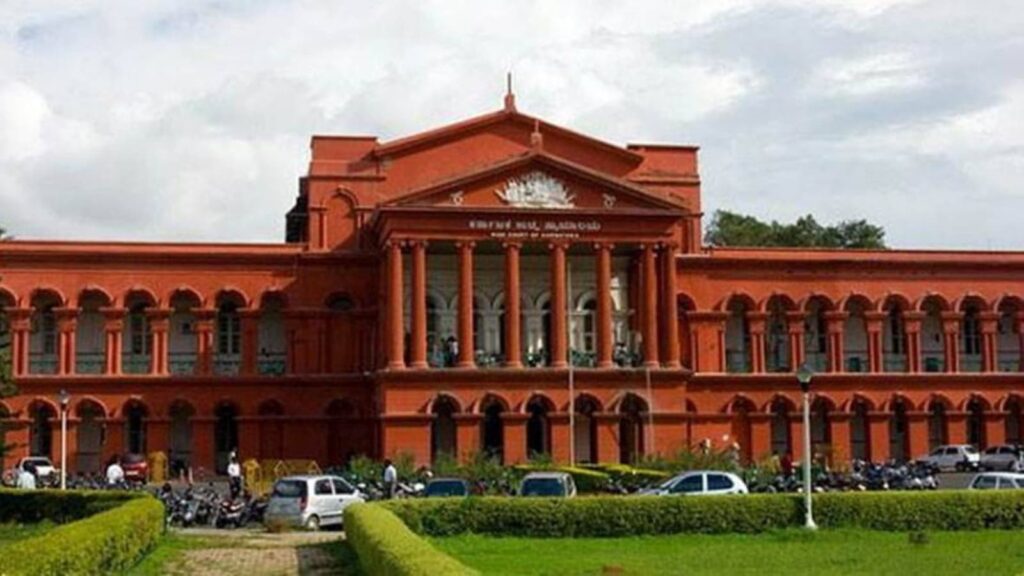The Karnataka High Court on Monday sought a response from the state government with regard to permission and other legalities regarding burials while hearing a petition about the alleged unauthorised burial of a woman’s body on a man’s residential premises.
A bench of Justice Suraj Govindaraj heard a petition filed by Gopala Gowda, a resident of Thurandahally in Kolar, stating that his son and daughter-in-law had had altercations and several legal proceedings between them since their marriage in 2022. They had been living apart from each other for close to two years when she died by suicide in 2024 at her parental home, 25 km away from Gowda’s family home, as per the petition.
The daughter-in-law’s relatives filed a case against Gowda and his family members under Bharatiya Nyaya Sanhita sections related to dowry death and cruelty, as well as provisions of the Dowry Prohibition Act.
The high court petition states that in August 2024, the woman’s siblings trespassed into Gowda’s home with the aid of an organisation known as the Mahila Sanghatana and buried her in a tomb close to the main door and the water sump of the home.
Gowda approached the high court after his representations to authorities, including the tahsildar and assistant commissioner, to exhume and cremate the woman’s body failed to get any result.
Gowda argues that an order of the assistant commissioner, which had not accepted his application, was against the law since under section 95 of the Karnataka Gram Swaraj and Panchayat Raj Act, no body could be cremated or buried within 100 m of a house or drinking water source.
The petition also argues that the presence of the body could contaminate his sump as well as the well of his cousin’s family, while the village pond used by both villagers and cattle was only 40 m away and could get contaminated. It also states that on account of religious reasons, the family was also unable to stay in the home after the burial.
Story continues below this ad
The high court bench orally questioned whether a burial could be carried out in this manner. The matter will be heard further on November 24.

